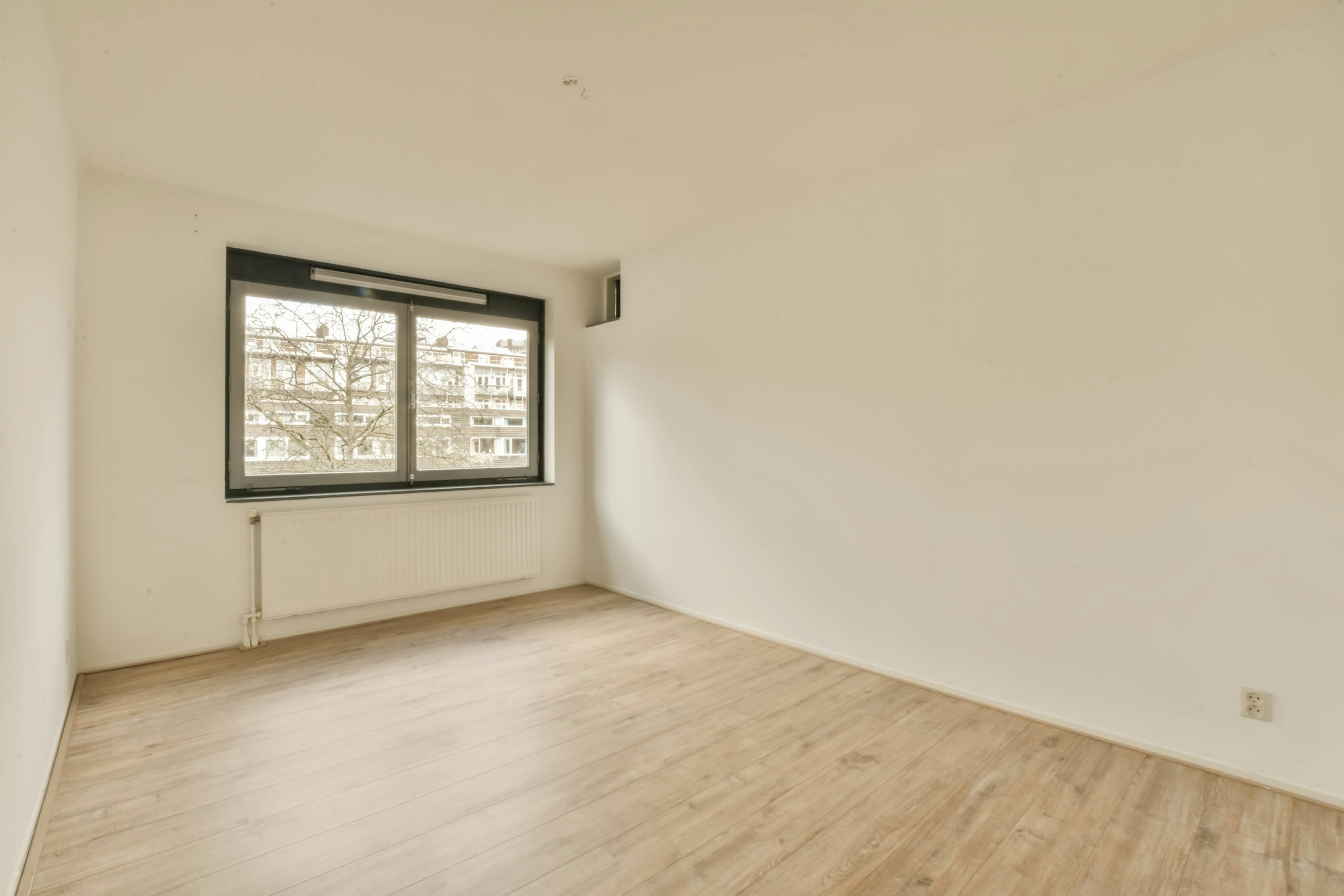Managing unoccupied commercial property
For a landlord owning an empty commercial property there are going to be increased costs involved. We look at some top tips for landlords to protect their properties.
By Alan Boswell Group

You only have to walk through your local high street to see the impact the recession had on the occupancy rate of commercial properties. In fact, commercial buildings have an occupancy rate of 13.6% in Manchester (Q2 2024), according to the latest UK commercial property statistics.
Whilst the commercial property market has seen some growth, there are still many buildings that remain unoccupied. For a landlord owning an empty commercial property there are going to be increased costs involved. Apart from the lack of rental income, landlords are likely to face increased maintenance and security costs and, potentially, difficulties when trying to arrange insurance. Some insurers are reluctant to provide cover for vacant properties and, where they do, premiums can often be significantly higher in comparison to a premises that is occupied.
Managing your building effectively will not only help protect your asset, it will also demonstrate to potential insurance companies that you are serious about reducing the risk.
Top Tips
Alan Boswell Group have put together the following tips for managing your unoccupied commercial property which should assist you in obtaining a wider choice of quality insurance covers and competitive premiums:
Take all reasonable precautions in securing your empty property. It will depend on the building type, location, size, and period of unoccupancy but the following should be considered
Mains fed alarms – it may seem obvious but you can’t risk the batteries running out!
CCTV
Manned guarding – ensure they hold SIA licences, random visits at varying times are a good deterrent.
Security screens or boarding.
Perimeter protection – check with your local planning department as some temporary structures may require a planning application.
Physical security – make sure window locks are in operation, bars, shutters and grilles on doors and windows.
Non-setting paint (also known as anti-vandal or anti-climb paint).
Lighting – concentrate lighting in areas such as external doorways and windows where intruders may try to gain entry.
Under the 1957 or 1984 Occupiers Liability Act you can even be held liable for injury to trespassers on your property, so you must always ensure that intruder prevention measures, such as those listed above, are suitably highlighted using warning signs. Warning signs should also be displayed at all likely points of access. This might include a ‘Fragile Roof’ warning sign or an ‘Asbestos – do not enter’ warning sign.
Check the property regularly and keep a log of your visits. Most insurers will want you to visit the property every week, by keeping a log of your visits and taking a quick picture on your phone you can demonstrate to insurance companies a proactive approach to making sure your property is looked after.
Seal up any letterboxes - many claims arise as a result of arson and when an accumulation of post builds up behind the door this can lead to rapid ignition and spread of fire.
Drain water tanks and pipes as this will prevent pipes cracking in cold weather and minimise the risk of resultant water damage if the pipes or tanks get damaged.
Remove any refuse or combustible materials.
Engage the support of neighbours where the property is overlooked by occupied properties or homes. Intruders will often try to gain access under the guise of being a contractor, let your neighbours know when you have arranged for contractors to visit, that way they can alert you if they see somebody they aren’t expecting.
Try not to advertise the fact the property is vacant. Build-up of post where the frontage is glass or an unkempt appearance i.e. overgrown grass or graffiti, all show potential intruders the building is unoccupied.
Need help with your insurance?
Whether you need a quote, have a general enquiry, or want to talk it through over the phone, we're here to help.
Landlord insurance enquiry
Related guides and insights

How to: leaving your house unoccupied
There are a number of safety considerations to think about which can impact your insurance if you leave a property unoccupied for a length of time. Our guide provides tips on leaving your property unoccupied and what insurance you will need.

Empty house insurance cost
Unoccupied house insurance is a specialist policy covering empty homes for longer than standard home insurance allows. We look at how much empty house insurance costs and ask if you really do need cover in the first place.

Essential tips for maintaining and securing your empty property
Homes can remain unoccupied for various reasons, such as when between owners, undergoing renovations, taking extended holidays, or dealing with illnesses. Regardless of the cause, it's crucial to prepare your property for its vacant duration.
